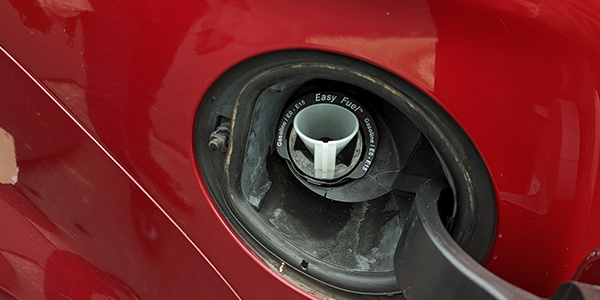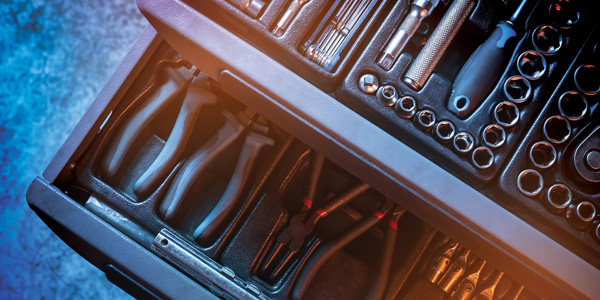Courtesy of ShopOwner by Doug Kaufman
We’ve all heard the news that there are far fewer technicians than are currently needed across all segments of the automotive industry.
According to our friends at TechForce Foundation, that disparity will only increase due to a shrinking number of expected graduates from automotive, diesel and collision repair programs.
The supply of incoming automotive techs from post-secondary programs dropped 11.8% from 2021-2022, according to TechForce’s 2022 Transportation Technician Supply & Demand Report.
TechForce estimates that demand for new entrant automotive/diesel/collision repair technicians – for new positions, replacements for occupational separations and unfilled positions from prior years – will total well over 900,000 through 2026.
And, as the current stable of automotive professionals continues to, let’s say, “season” and decides that retirement is looking pretty good, you might be tempted to think there is nothing you can do about it.
I would submit to you that the only way to eliminate the technician shortage is not to have one.
Wait… what?
Don’t misunderstand – I’m not suggesting that you ignore reality by pretending that today’s job market isn’t in a confusing mess. We all have friends who share employment hiring and retention horror stories with us – and maybe you have stories of your own. It’s hard to find your next great teammate!
Or is it?
I was speaking with industry friend Vic Tarasik the other day, and he shared a story to which you might relate – or by which be inspired.
Vic says he was having a conversation with shop owner Dwayne Myers from Dynamic Automotive about keys to a successful business. Dwayne is in the process of opening his sixth shop in the Frederick, Maryland, area and says he doesn’t see a technician shortage.
Of course, he’s not naive – Dwayne knows the reality of this volatile job market. But, for him, a technician shortage isn’t a problem because he does things to make his shops places people want to work.
“He’s planning to take five or six people to AAPEX in the fall,” Vic told me. “It’ll probably cost him $30,000 all in – and he says it’s money well spent.”
That may seem like a huge wager for a trip to Las Vegas, but Dwayne says it’s no gamble.
“Is it worth the risk? Absolutely,” Dwayne says. “One of these techicians will come back with training that will generate $500,000 worth of work. By taking five of them, we’re looking at $2.5 million of increased service business – that $30,000 investment is worth it.”
It’s this attitude, Vic says, that helps some shops overlook a tech shortage.
“For guys like Dwayne, who have a great attitude, a great culture and offer a partnership, it’s a retention tool AND a recruiting tool,” Vic says. “His current employees and future techs alike know they’ll benefit in the long term.”
Wondering if your shop can weather a technician shortage? Maybe it’s time to stop worrying about what you can’t change in society, and consider what you can change in your shop.














